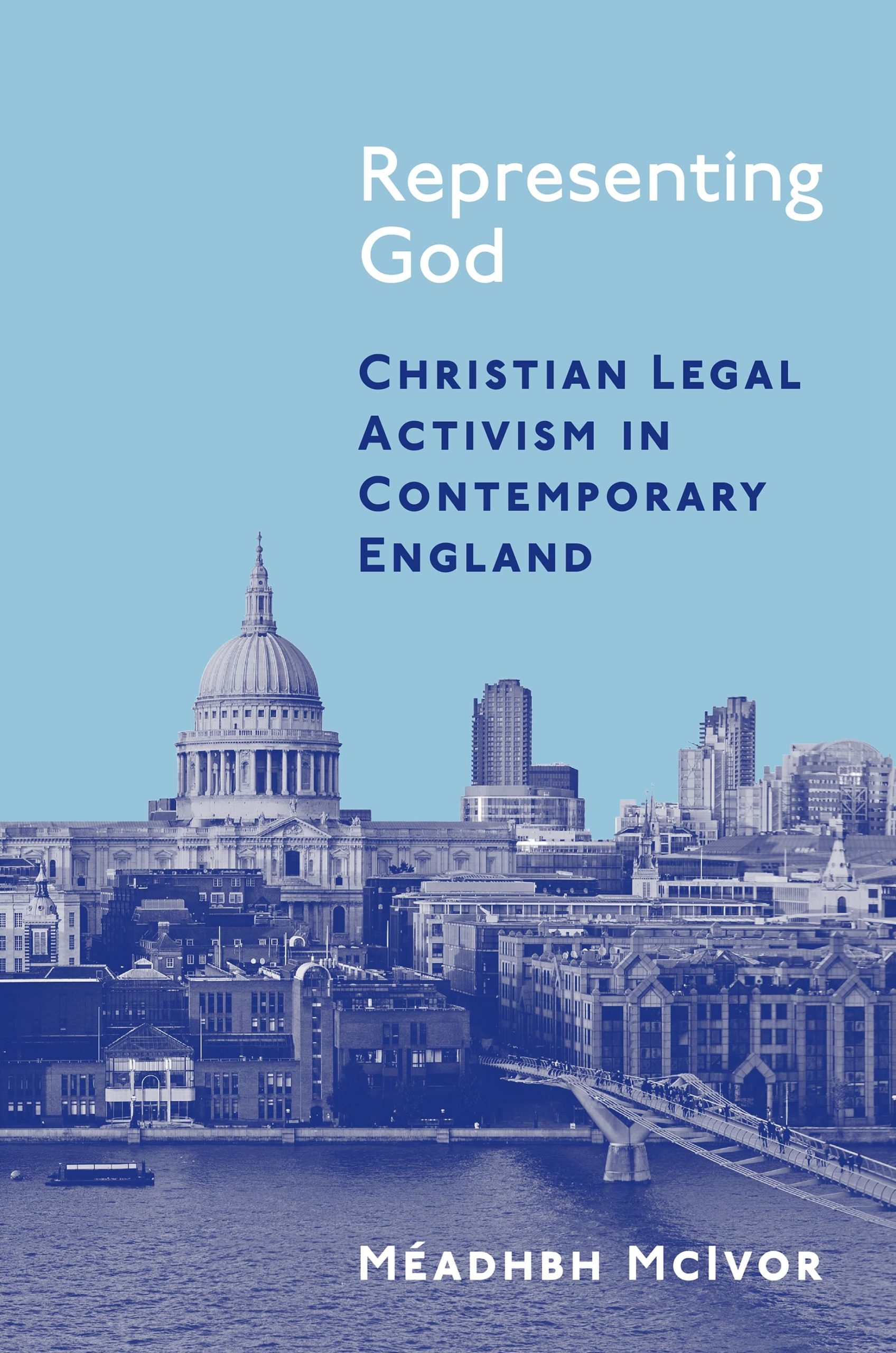In this episode, Dr. Méadhbh McIvor joins Savannah Finver to discuss her recent book Representing God: Christian Legal Activism in Contemporary England. Dr. McIvor provides our listeners with the background for her project; the method of ethnography, as well as its challenges and implications for the study of religion; and how the belief in a certain kind of afterlife impacts the kinds of legal and political activism that her interlocutors are willing to engage in.






